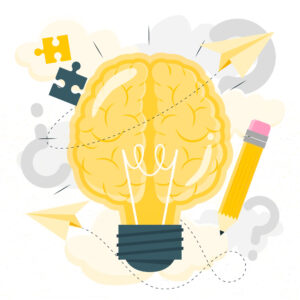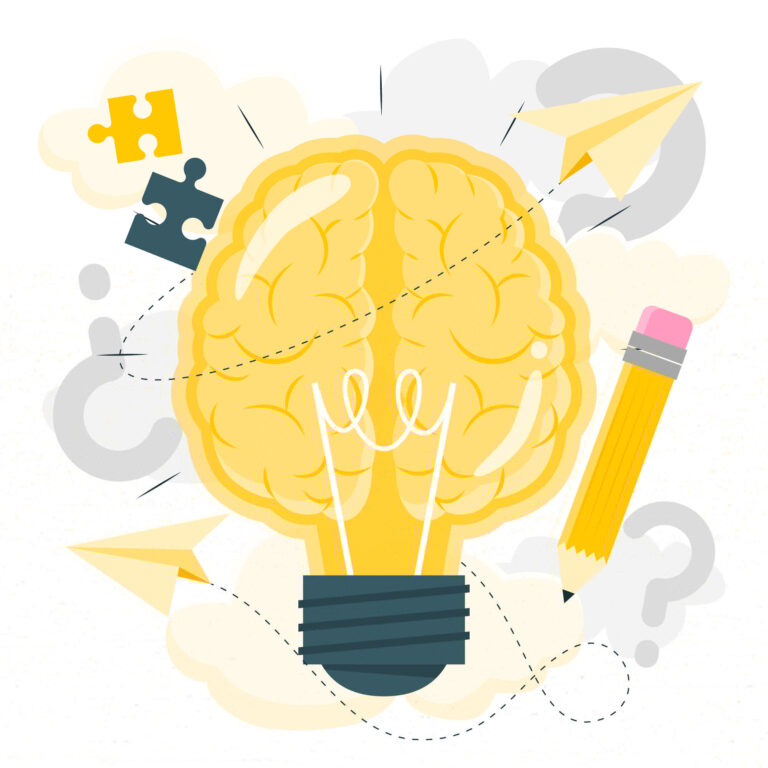Critical thinking is a crucial skill for students to develop, as it empowers them to analyze, evaluate, and synthesize information. Here are several reasons why the development of critical thinking is important for students:
- Problem Solving: Critical thinking enhances a student’s ability to identify and solve problems. By approaching challenges with a critical mindset, students can break down complex issues into manageable parts and develop effective solutions.
- Decision Making: Critical thinkers make informed decisions by considering multiple perspectives, evidence, and potential consequences. This skill is valuable not only in academic settings but also in everyday life.
- Analytical Skills: Critical thinking involves the ability to analyze information, identify patterns, and make connections. Students who develop strong analytical skills can better understand the underlying principles in various subjects and apply these skills across disciplines.
- Effective Communication: Critical thinking is closely tied to effective communication. Students who can think critically are better equipped to articulate their thoughts, express their ideas clearly, and engage in meaningful discussions with others.
- Research Skills: Critical thinkers are adept at conducting research, evaluating sources, and synthesizing information. These skills are essential for academic success, as well as for navigating the vast amount of information available in the digital age.
- Creativity: Critical thinking encourages creative problem-solving and innovation. When students approach challenges with an open mind and the ability to think critically, they are more likely to come up with novel and effective solutions.
- Learning Independence: Developing critical thinking skills empowers students to become independent learners. They can assess information, discern reliable sources, and draw their own conclusions, reducing their dependence on rote memorization.
- Preparation for Future Careers: Many employers value critical thinking skills. In a rapidly changing world, where jobs may require adaptability and the ability to navigate complex situations, employees with strong critical thinking abilities are often better positioned for success.
- Civic Engagement: Critical thinking is essential for responsible citizenship. It enables students to critically evaluate information, question assumptions, and engage in informed civic discourse, contributing to a well-informed and active citizenry.
- Lifelong Learning: The ability to think critically fosters a mindset of continuous learning. Students who value critical thinking are more likely to approach new challenges and opportunities with curiosity and a willingness to learn throughout their lives.
In essence, the development of critical thinking skills equips students with the tools they need not only for academic success but also for navigating the complexities of the modern world and contributing meaningfully to society. Educational strategies that promote critical thinking include problem-based learning, inquiry-based approaches, and encouraging open-ended discussions in the classroom.


